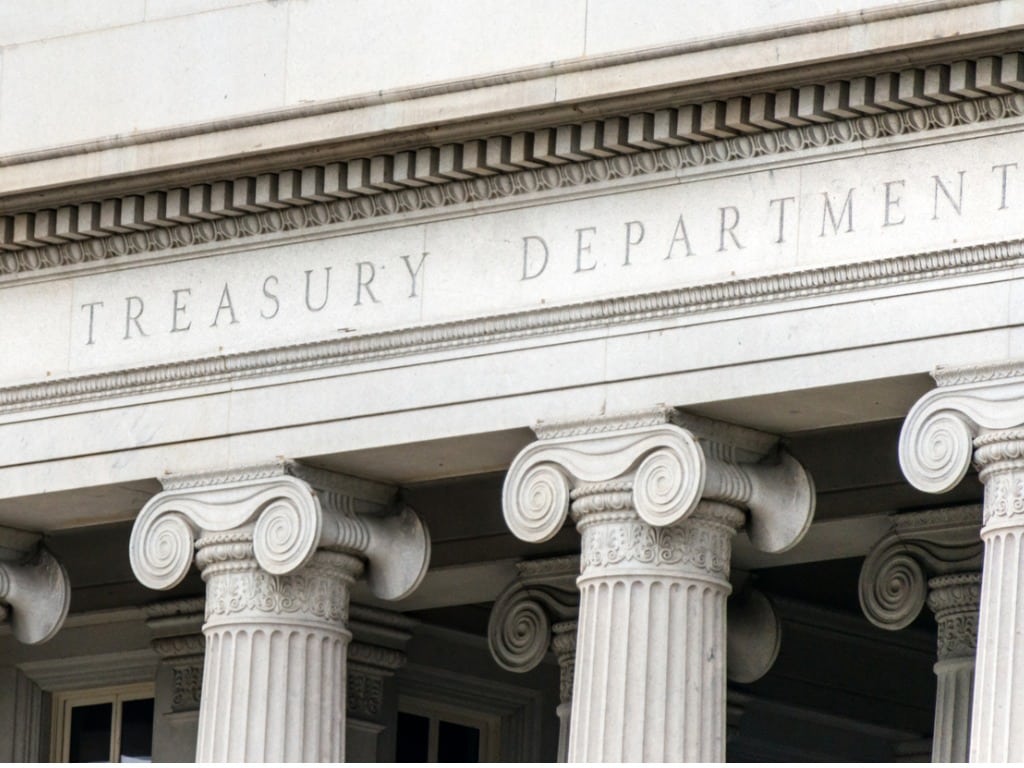On February 2, Senators Charles Grassley (R-IA), Elizabeth Warren (D-MA), and Raphael Warnock (D-GA) sent a letter to Andrea Gacki, the Director of the Financial Crimes Enforcement Network (FinCEN), expressing concerns about significant delays in the implementation of the Anti-Money Laundering (AML) Whistleblower Improvement Act.
The three senators, who were instrumental in leading the Senate to its unanimous passage of the Act at the end of 2022, wrote that “We were proud to introduce and pass this legislation because it provides vital support to U.S. law enforcement to enforce sanctions and anti-money laundering statutes and protect our national security interest.”
They point out that although the law was enacted three years ago, FinCEN has failed to establish a dedicated, public website for its whistleblower program. They claim that the agency’s current website misleads potential whistleblowers as it states that “‘the use of [FinCEN’s] hotline is for financial institutions only. Private citizens wishing to report criminal activity should contact law enforcement in their area.’” FinCEN has also failed to publish draft rules for the whistleblower program. The senators write that “this is unacceptable.”
The Senators emphasized that making the program accessible and safe for whistleblowers is vital to maximize the anti-corruption potential of the program. They stated, “if barriers continue to prevent whistleblowers from reporting sanctions and anti-money laundering violations, it will significantly hamper our nation’s ability to bring enforcement actions and strengthen our national security interests.” Barriers can include rules that exclude whistleblowers who do not file technical forms or who report first to the media, foreign law enforcement, or a different U.S. law enforcement agency.
The Senators requested that FinCEN submit answers to a series of questions by February 23 so that Congress can conduct objective and independent oversight of FinCEN’s implementation of the program. These include requesting a date for when FinCEN will publish its Notice of Proposed Rulemaking, requesting a date for when the AML whistleblower program website will be published, and requesting the number of tips received so far.
“It is well established that whistleblower incentive programs are powerful tools to prevent, detect, and prosecute criminal misconduct, wrongdoing, and fraud,” the Senators write. “Therefore, it is essential FinCEN prioritize the full implementation of the AML whistleblower program.”
“It is encouraging that this bipartisan group of senators are joining in the calls for action, hopefully FinCEN will take note,” said whistleblower attorney Stephen M. Kohn of Kohn, Kohn & Colapinto LLP, who has sent a number of letters to FinCEN with rulemaking proposals.
Kohn sees the implementation effective AML regulations as one of the seven most urgently needed whistleblower reforms in 2024.
National Whistleblower Center (NWC), where Kohn serves as Chairman of the Board, has launched seven campaigns pushing for these reforms.
NWC’s campaign page “Ensure that Federal Rules for the AML Whistleblower Program align with Anti-Corruption Priorities” provides more information on what the whistleblower community wants to see from FinCEN’s rules.
Supporters can also use NWC’s Action Alert on the issue to send a letter thanking Senators Grassley, Warren, and Warnock, and demanding that other senators join them in holding FinCEN accountable.
Take Action:
Ensure that Federal Rules for AML Whistleblower Programs align with Anti-Corruption Priorities
Further Reading:
Advocates Stress Importance of AML Whistleblower Rulemaking in Anti-Corruption Efforts
AML Whistleblower Program Primed for Major 2024 According to Expert
